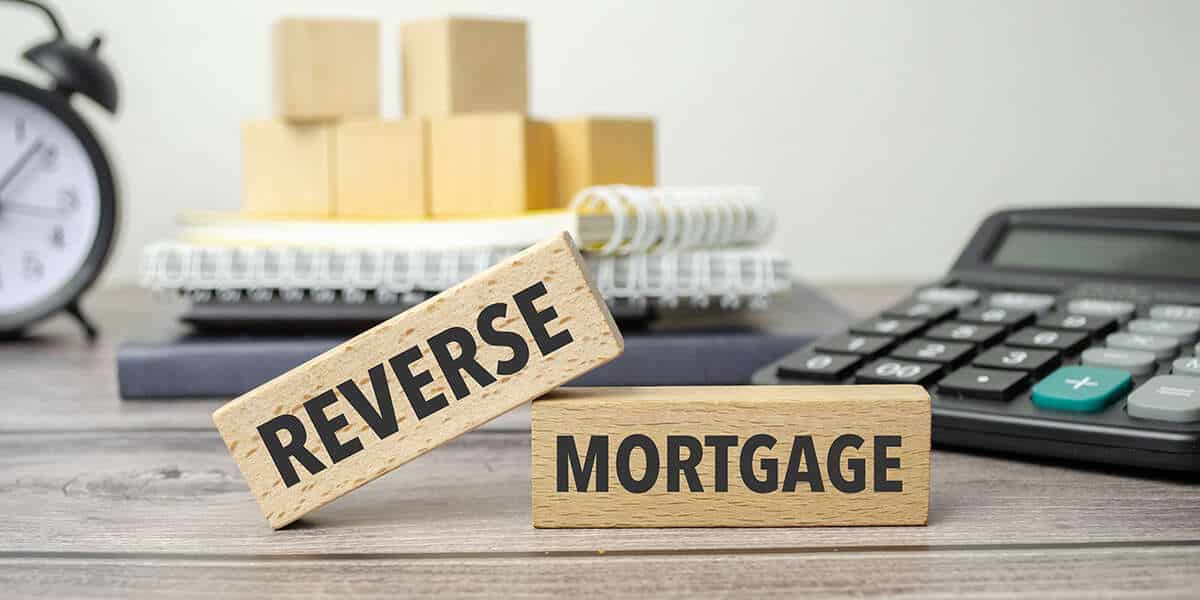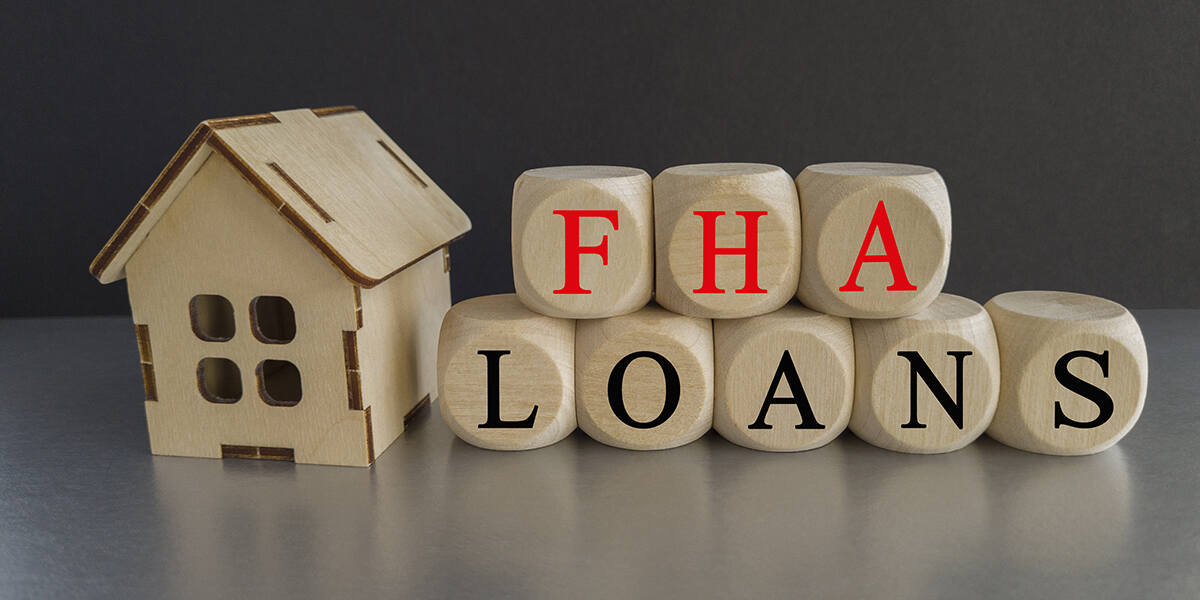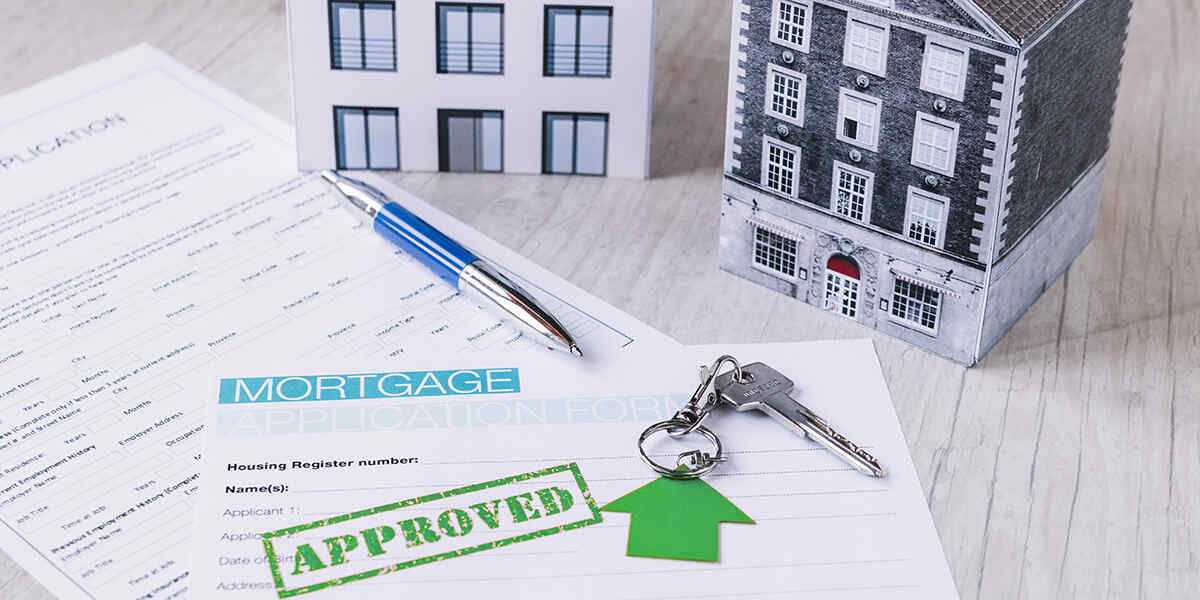Understandably, many seniors struggle with their income from month to month. With the average social security barely enough to live on, seniors are increasingly turning to other methods to boost their retirement income, such as reverse mortgages. But how does reverse mortgage work?
Below, Champions Mortgage explains how reverse mortgages can be useful for additional income when managed properly. If you’d like to know more, please feel free to contact our mortgage broker in Houston.
What Is a Reverse Mortgage?
Reverse mortgages are loan agreements. Except that these unique loans allow seniors to use their home equity as a source of tax-free income.
With a reverse mortgage, the lending institution makes monthly payments to the homeowner instead of the other way around. They literally reverse the mortgage repayment process for a time, and only under certain conditions.
How Does Reverse Mortgage Work?
You can think of a reverse mortgage as an advance on the cash you’d get from selling your home. The borrower receives monthly payments from the lender that they can use for daily expenses and to finance repairs and improvements to the house. Then, when the borrower dies, moves out, or sells the house, they owe the lender that full amount.
Of course, the total amount a person can borrow with a reverse mortgage depends on the principal limit and the home’s market value. It may also change with the borrower’s age, interest rates, and federal limits on reverse mortgage loans.
In order to be eligible for a reverse mortgage, the borrower must meet the following:
- Own the home or have paid off at least half of their home’s mortgage
- Occupy the property as their primary residence
- Hold no federal debt
- Be able to continue paying property taxes
Typically, the total value of a reverse mortgage is limited to the total value of the borrower’s home. This makes sense since the only way that they would be able to pay back the lender at the end of their arrangement is from the proceeds of selling that property.
Types of Reverse Mortgages
The type of reverse mortgage a senior can apply for falls into three categories:
- Home equity conversion mortgages are common and usually federally insured. These reverse mortgage loans offer fixed monthly payments from the Federal Housing Administration.
- Proprietary reverse mortgages are non-government private loans and have higher limits and advances than HECMs.
- Single-purpose reverse mortgages only allow the borrower to use funds for specific things, like remodeling. Nonprofits and some government agencies offer these reverse mortgages.
Pros and Cons of Reverse Mortgages
How does reverse mortgage work for most people?
Pros
- Reverse mortgages for seniors can provide a steady stream of income when seniors have difficulties budgeting for retirement.
- Unless it’s a single-purpose reverse mortgage, you can use the funds for whatever purpose you want.
- The additional money from reverse mortgages can help seniors afford to stay put and not have to move away from friends and family.
- The income from a reverse mortgage is usually tax-free because the IRS classifies the payments as loan proceeds.
- Your heirs can keep the reverse mortgage, refinance it, or pay off the value of the loan.
Cons
- Just like other mortgages, reverse mortgages have origination fees and closing costs. Though, there’s a maximum cap for loan origination fees.
- You won’t be able to take a tax deduction for interest until you pay off the loan.
- Getting a reverse mortgage might violate eligibility requirements for federal programs like SSI or Medicaid.
- Your house may be at risk of foreclosure if you do not keep up with your property taxes, homeowners insurance, or HOA fees.
Is a Reverse Mortgage Right for Me?
The ideal candidate for a reverse mortgage is a senior citizen over the age of 62 who plans to stay in their current home. More specifically, reverse mortgages work well if you need help managing your everyday expenses.
Additionally, if nearby property prices are rising, a reverse mortgage might allow you to take advantage of its rising value when it comes time to pay back the debt principal.
Reverse Mortgage FAQs
Below are some of the most common questions we receive about reverse mortgages.
What Happens With a Reverse Mortgage If I Die?
If you die, then the total balance on the loan is due. After that, your heirs have a maximum of 30 days to pay the balance, sell the home, or forfeit the property. Heirs can also file for a year’s extension.
What Are the Age Requirements for a Reverse Mortgage?
Borrowers must be at least 62 years old to qualify for a federally-backed HECM. Private reverse mortgage providers require applicants to be at least 55 years old.
What Happens If My House Decreases in Value?
The general concept of a reverse mortgage is that the borrower can sell their home to repay what’s due. Lenders might not be able to force your heirs to sell the house if the loan amount is greater than the house value, though. For this situation, your reverse mortgage insurance should cover any losses to the lender.
Can I Refinance a Reverse Mortgage?
Yes, refinancing a reverse mortgage is possible. However, refinancing a reverse mortgage can be highly expensive because you will have to pay additional origination fees and mortgage insurance premiums. Experienced professionals like Champions Mortgage only recommend refinancing if you can secure a substantially lower interest rate that would make up for the extra fees.
Is a Reverse Mortgage a Good Idea?
Reverse mortgages are a lot like credit cards — they can be an incredibly useful financial tool when used responsibly but also carry several risks if you fall behind on payments. Experts highly recommend talking to a mortgage counselor before committing to the terms of a reverse mortgage.

More About Mortgage Financing in Houston, Texas
How does reverse mortgage work for those who have other debts to pay? Find out more from our blog, whether you want to learn more about interest rates, debt consolidation, or minimum mortgage requirements. Alternatively, contact a loans officer at Champions Mortgage online or call (281) 727-2500 today!





